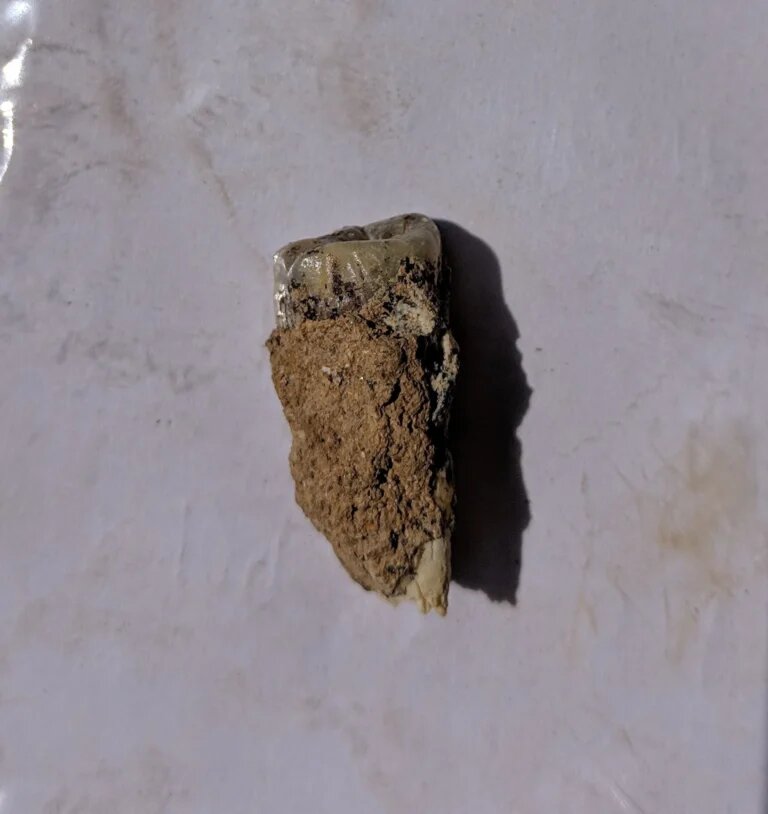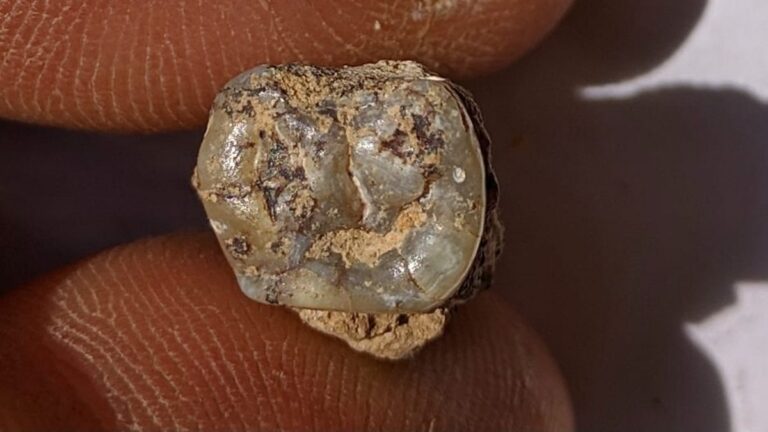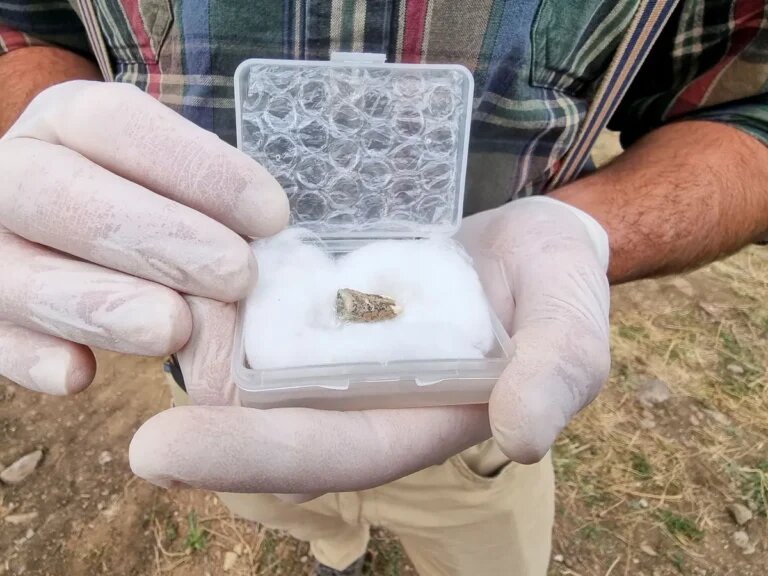Archaeologists Discovery 1.8 Million-Year-Old Human Tooth in Georgia
Archaeologists in Georgia have found a 1.8 million-year-old tooth belonging to an early human species.
Scientists say the find labels the region as home to one of the earliest prehistoric archaic human settlements in Europe.
Scientists discovered the tooth near the village of Orozmani, about 100 kilometers southwest of Georgia’s capital, Tbilisi.
The latest discovery provides further evidence that the mountainous South Caucasus region was likely one of the first places early humans settled after migrating from Africa, experts said.

Orozmani is located near the city of Dmanisi, where human skulls aged 1.8 million years were found in the late 1990s and early 2000s.
Dmanisi’s findings were the world’s oldest such discovery outside of Africa, and one that changed scientists’ understanding of early human evolution and migration patterns.
Giorgi Bidzinashvili, the scientific leader of the dig team, said he considers the tooth belonged to a “cousin” of Zezva and Mzia, the names given to two near-complete 1.8-million-year-old fossilized skulls found at Dmanisi.

“The implications, not just for this site, but for Georgia and the story of humans leaving Africa 1.8 million years ago are enormous,” said British archaeology student Jack Peart, who first found the tooth at Orozmani.
“It solidifies Georgia as a really important place for paleoanthropology and the human story in general,” he told Reuters.
The oldest Homo fossils anywhere in the world date back to around 2.8 million years ago, when a partial jaw was discovered in Ethiopia, reports DW.

Scientists believe that early humans, a species called Homo erectus, probably began migrating out of Africa about 2 million years ago.
Ancient tools dating back around 2.1 million years have been discovered in modern-day China, but sites in Georgia hold the oldest remains of early humans found outside of Africa.
Anatomically modern humans, Homo sapiens, are thought to have appeared around 300,000 years ago, although estimates vary, in Africa.
